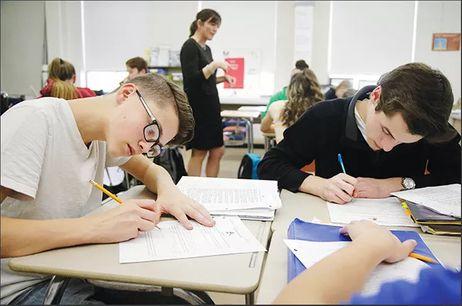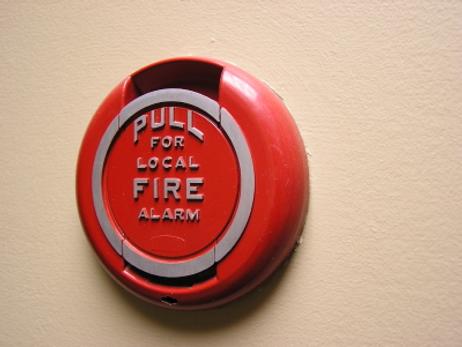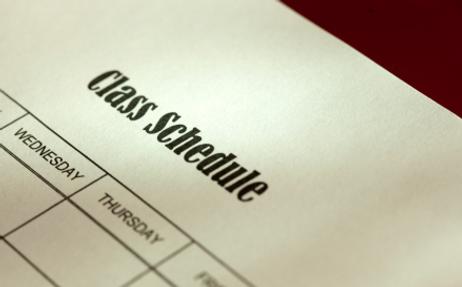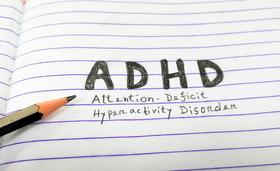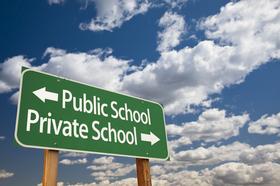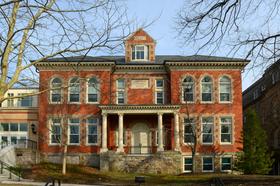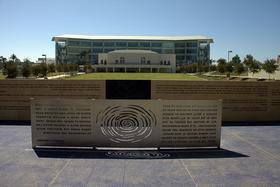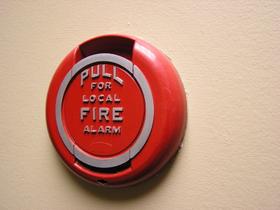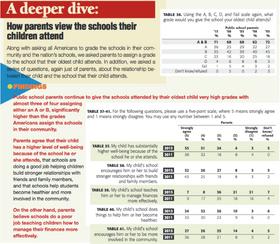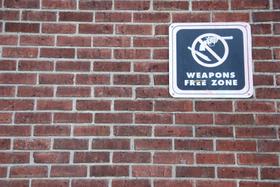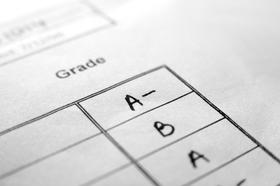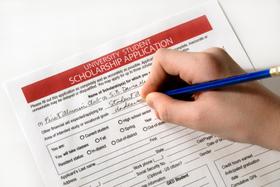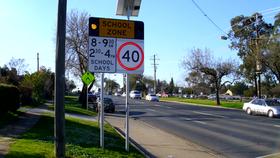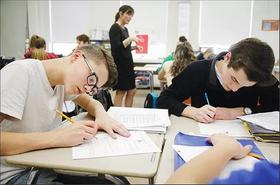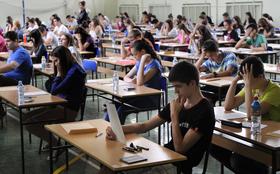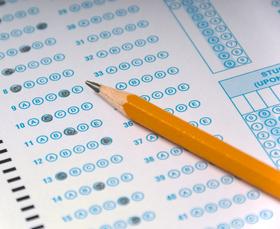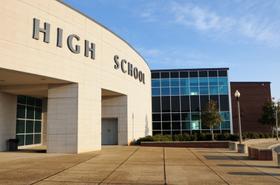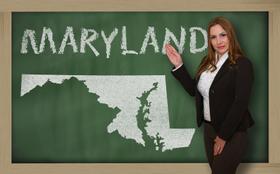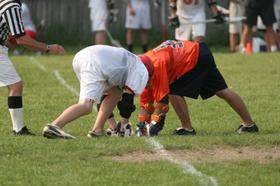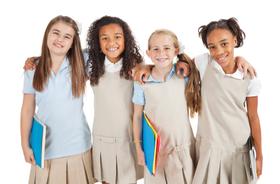The consequences for school fights may no longer be limited to a visit to the principal’s office and detention. In light of the last decade’s rise in school violence, many students find themselves facing legal consequences for their misbehavior on campus.
In years past, school fights and bullying would only result in school-based punishments, such as suspension or detention. Today, however, a rising number of middle school and high school teens are actually being arrested for their in-school malfeasances.
School Fights: The Rising Threat
Public schools across the country are reporting more severe punishments for school fights and student misbehavior. For example, WRAL News of Wake County, North Carolina, reported that three students were arrested after several fights erupted at the local Knightdale High School. According to reports, the police were called to the school after multiple fights broke out among students.
Allegedly, one 16-year-old student and another 17-year-old student were engaged in crimes such as “disorderly conduct” and “simple affray,” resulting in the two students’ arrests. In addition, an older 18-year-old student was also arrested, as this particular student allegedly tried to join in the fight, and reports also suggest that the 18-year-old student “Took a swing at an officer who was trying to detain him.”
While students 18 years of age and older are understandably tried as adults, many community members question whether the 16 and 17-year-old students should have


